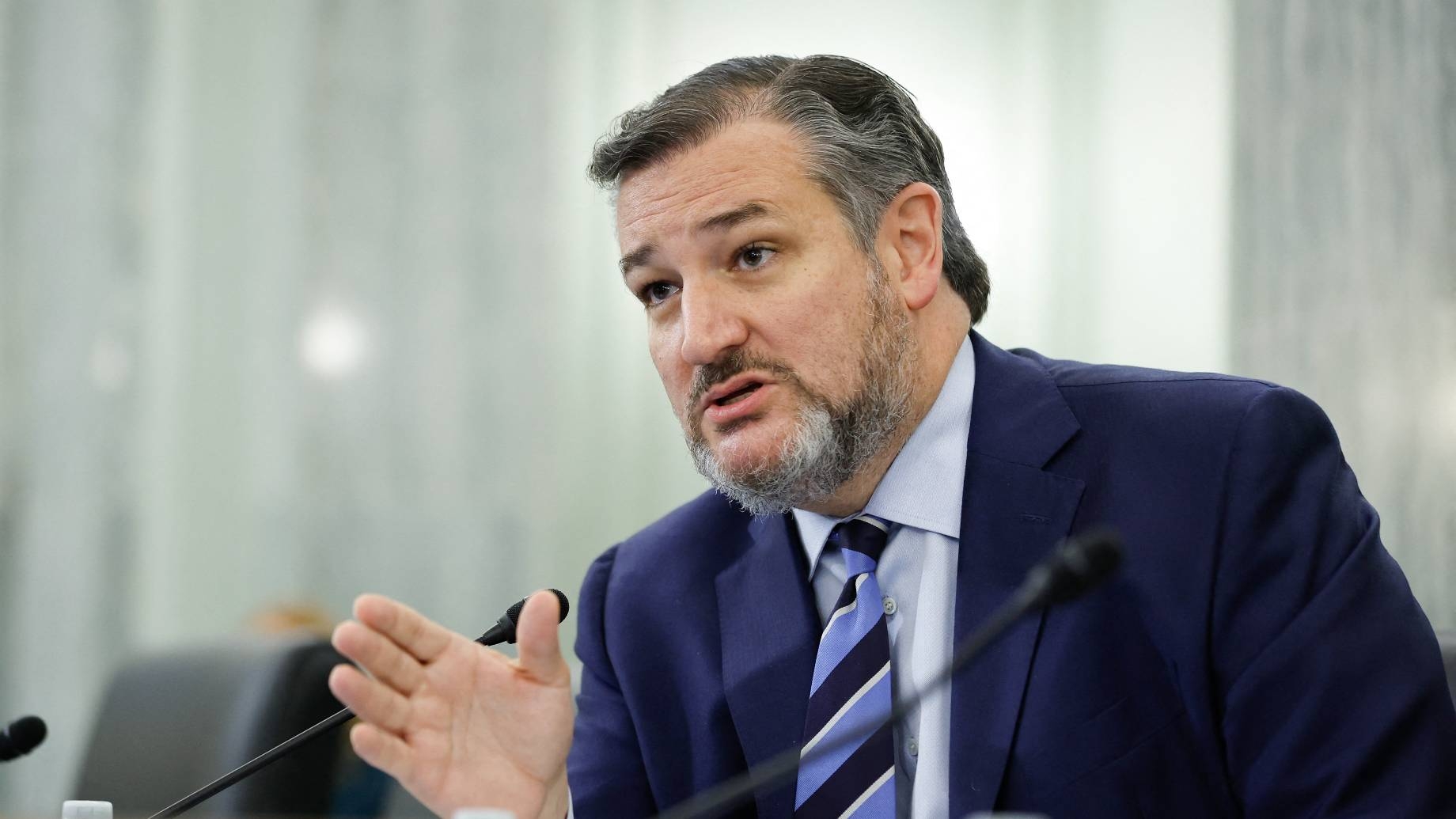US: Senate Republicans demand say over re-entering Iran nuclear deal

More than 30 Senate Republicans have sent a letter to US President Joe Biden demanding that he give Congress a voice in deciding whether to return to the Iran nuclear deal, or else they will attempt to block the move.
The letter, sent on Monday amid reports that the US and Iran are on the verge of re-entering the nuclear accord, emphasises that under a 2015 law Biden must submit any nuclear deal with Iran for Congress' review within five days of concluding the agreement.
After this, the Iran Nuclear Agreement Review Act of 2015 states that at least 60 senators must vote to stay in the nuclear pact.
The 33 senators, led by Senator Ted Cruz, wrote that they "are committed to using the full range of options and leverage available to United States Senators to ensure that you meet those obligations, and that the implementation of any agreement will be severely if not terminally hampered if you do not," said the letter, first reported by Politico.
"[W]e reiterate our view that any agreement with Iran regarding its nuclear program is of such gravity for US national security that by definition it is a treaty requiring Senate advice and consent."
The lawmakers, including Foreign Relations Committee ranking chair Jim Risch, Senator Marco Rubio and Senator Jim Inhofe, also urged Biden to submit the nuclear deal for ratification as a treaty. The agreement was not submitted as a treaty by the former Barack Obama administration.
A number of Republicans have argued that any effort to re-enter the deal, known as the Joint Comprehensive Plan of Action (JCPOA), requires at least Senate approval, while the agreement's proponents argue otherwise, pointing to former President Donald Trump who withdrew the US from the pact in 2018.
Since entering office, Biden has stated his intention of returning to the JCPOA. Secretary of State Antony Blinken has repeatedly said that "diplomacy is the best past forward".
For months, however, Republicans in Congress have been urging the Biden administration against returning to the deal and lifting sanctions on Iran, accusing the talks of being in "bad faith" and instead calling for the reinforcement of existing sanctions.
The Cruz-led effort is the latest such attempt to make it harder for Biden to fulfil his promise of a revived deal and comes just as talks between Iran and other signatories to the accord were set to resume in Vienna. The US is participating indirectly in the negotiations, which all sides have indicated could be reaching an endgame.
Last week, Biden restored sanctions waivers for Iran to allow Russian, Chinese and European companies to carry out non-proliferation work at Iranian nuclear sites, an apparent indicator of an imminent return to the deal.
Middle East Eye delivers independent and unrivalled coverage and analysis of the Middle East, North Africa and beyond. To learn more about republishing this content and the associated fees, please fill out this form. More about MEE can be found here.





